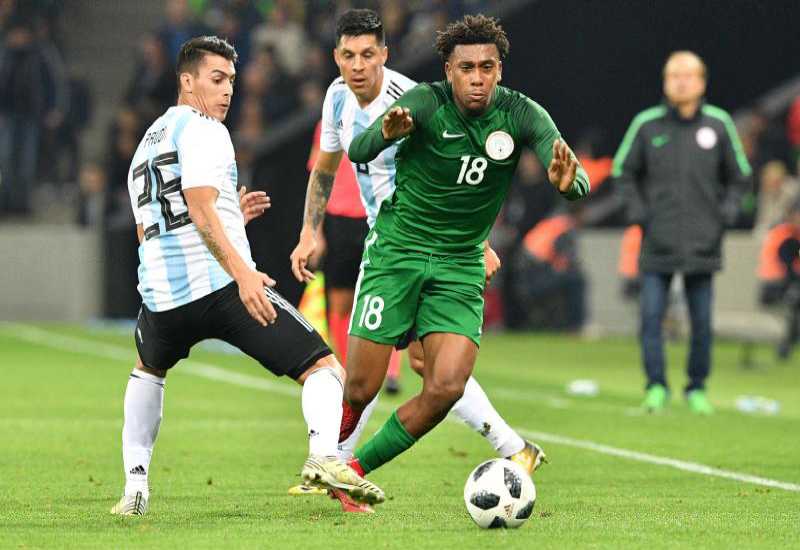×
The Standard e-Paper
Stay Informed, Even Offline

Argentina's Cristian Pavon (L) and Nigeria's Alexander Iwobi vie for the ball during an international friendly football match between Argentina and Nigeria in Krasnodar. [Photo/Courtesy]
“When I first started to coach Ivory Coast, I said to Didier Drogba: ‘We have some fantastic players and we can go far in the World Cup.’ He said: ‘No we can’t’.”